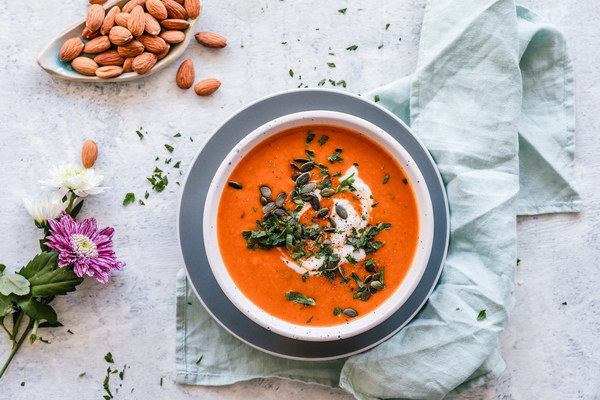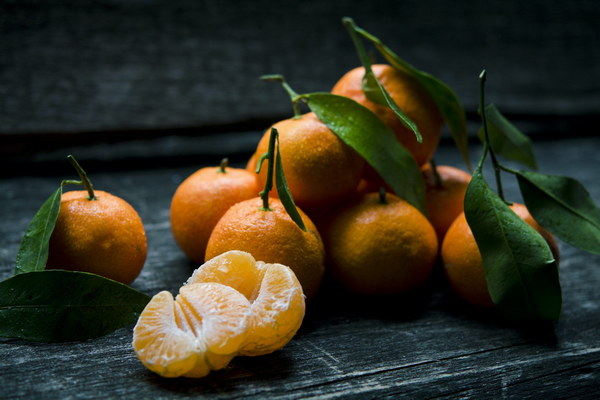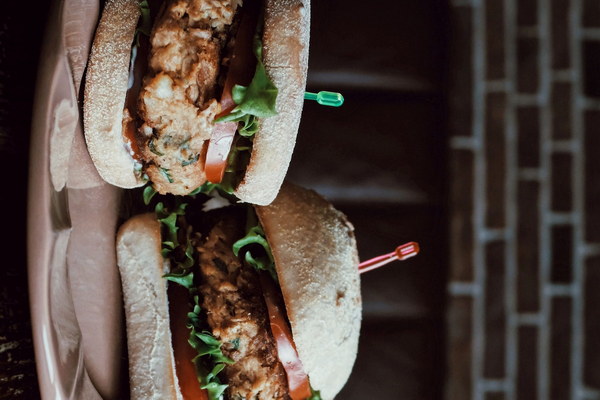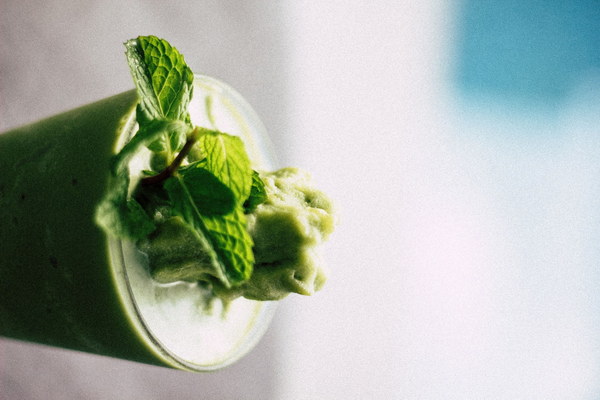Nurturing a Sons Stomach The Mothers Role in Raising a MamiBoi
In the intricate tapestry of filial piety, there exists a peculiar phenomenon known as the mami-boi or mommy's boy. This term refers to men who are excessively dependent on their mothers, often displaying behaviors that indicate a lack of independence and an overbearing attachment to their mothers' care. One of the most endearing yet concerning aspects of this relationship is the mother's role in nurturing her son's stomach. This article delves into the dynamics of this phenomenon and explores the significance of a mother's culinary influence on her mami-boi.
The saying You are what you eat is particularly relevant when examining the relationship between a mami-boi and his mother. A mother's culinary expertise and her dedication to her son's health can have a profound impact on his well-being and, by extension, his independence. Here are some key aspects of how a mother's culinary care contributes to her mami-boi's life:
1. The Comfort of Traditional Dishes:
For many mami-boys, the comfort of their mother's traditional dishes is akin to a warm embrace. These dishes often evoke nostalgic feelings, reminding them of their childhood and the unconditional love their mothers provided. A mother's culinary prowess in preparing these dishes can create a sense of security and belonging, fostering a strong emotional bond between her and her son.
2. Nurturing a Healthy Diet:

A mother's commitment to her son's health is evident in her efforts to nurture a balanced diet. By preparing nutritious meals and snacks, she instills in her mami-boi a sense of responsibility towards his own health. This nurturing approach can encourage her son to develop healthy eating habits, reducing the likelihood of him suffering from chronic diseases later in life.
3. Teaching Life Skills:
Cooking is more than just a means to an end; it is a skill that can be a source of pride and independence. A mother who teaches her mami-boi how to cook can empower him to take care of himself and others. This transfer of culinary knowledge can help bridge the gap between dependence and independence, allowing her son to take on more responsibilities as he grows.
4. Emotional Connection:
Cooking and sharing meals together can foster a deeper emotional connection between a mother and her mami-boi. This shared experience can create a sense of unity, allowing them to bond over food and discuss their thoughts, feelings, and aspirations. This emotional connection can be a source of strength for both parties, providing a stable foundation for their relationship.
5. Cultivating Independence:
While a mother's nurturing nature is crucial in raising a mami-boi, it is equally important for her to foster her son's independence. This can be achieved by gradually encouraging him to take on more responsibilities in the kitchen. As he gains confidence in his culinary abilities, he will begin to rely less on his mother's care and more on his own judgment.
In conclusion, the mother's role in nurturing her mami-boi's stomach is a multifaceted endeavor that encompasses emotional, physical, and educational aspects. By preparing traditional dishes, fostering a healthy diet, teaching life skills, building an emotional connection, and cultivating independence, a mother can ensure that her mami-boi grows into a well-rounded, self-reliant individual. While the mami-boi may always hold a special place in his mother's heart, it is through these nurturing efforts that he can begin to forge his own path in life.









